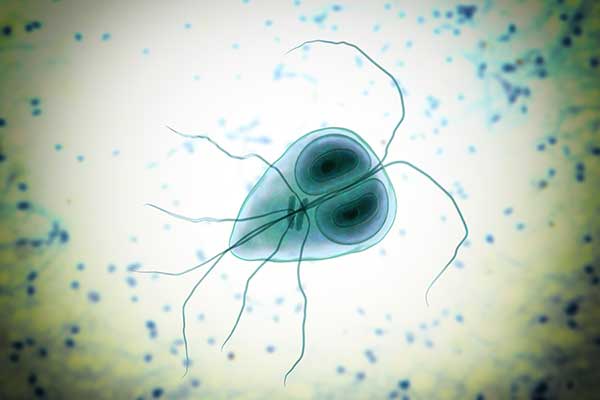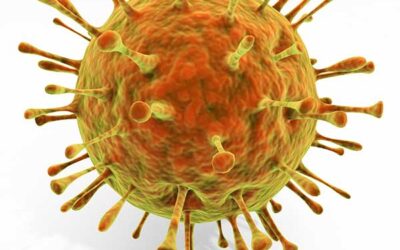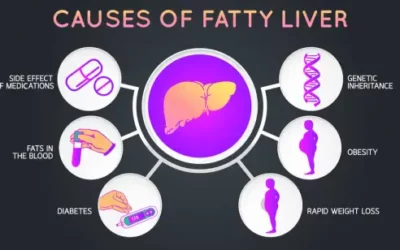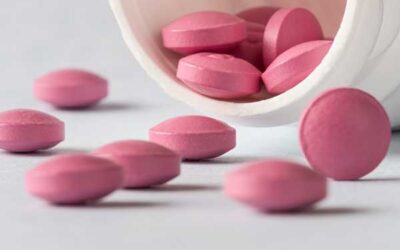Giardia is transmitted several different ways, such as contaminated food, water, or surfaces. The most common way it infects a person is through contaminated drinking water or even recreational water, like pool or lake water. Symptoms of a giardia infection are diarrhea, gas, foul-smelling stool, stomach cramps, nausea, and dehydration. Symptoms generally begin to show one to two weeks after the initial infection. The first symptom is usually several loose stools as well as an increase in fatigue.
Because the parasite lives in the stool of an infected host, this infection is most commonly diagnosed through a molecular stool test. Once the diagnosis has been made, a medical doctor will discuss treatment options with the patient and ensure the patient is not dehydrated from persistent diarrhea. An antibiotic called tinidazole has risen in prominence since the 1970s as it targets both bacteria and anaerobic amoeba. It can be given as a single dose, or once a day for 2-5 days.



